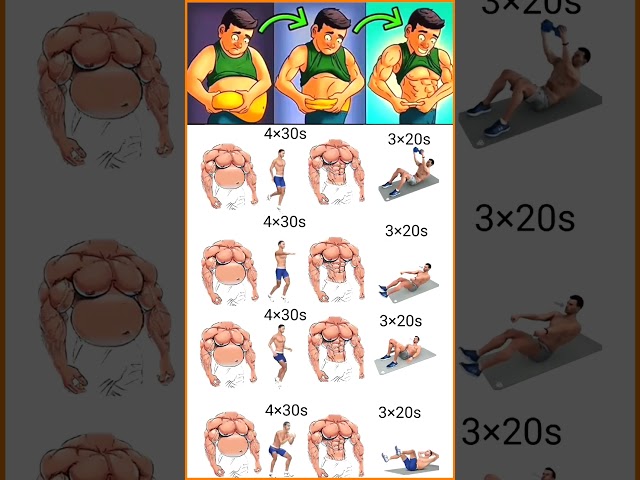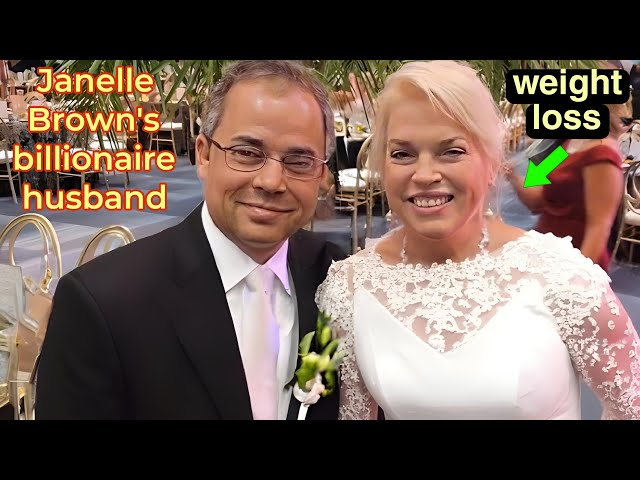
The fever surrounding K-Pop extends far beyond the electrifying music and mesmerizing dance moves. It encapsulates a whole culture, one that values image and performance excellence. Hidden behind the glamour is the often harsh reality of idol diets, aimed at achieving the perfect body for the stage. For fans and aspiring idols alike, the question looms: What are the K-Pop diets that help them lose weight so rapidly?
As T.O.P from BIGBANG once shocked the world with his transformation, losing 20 kilograms (44 lbs) in just 40 days through an extreme diet comprised solely of water and red bean jelly, many began to wonder just how far K-Pop idols are willing to go to shed pounds.
Throughout various K-Pop fandoms, different diet plans have emerged. Some have been labeled extreme while others focus on a more sustainable approach. Kang Sora, a popular actress and former idol, advocates for balanced meals, stating, “Eating three meals a day, including fruit and yogurt for breakfast, can keep your energy steady without starving yourself.” This perspective counters the notorious extreme diets known to many idols.
Extreme Diets: The Shocking Truth
Extreme diets are often well-documented in K-Pop history. For example, some idols resort to the infamous 1000 calorie diet, which restricts meals to a tightly controlled caloric intake. This limits food options significantly, allowing few proteins and virtually no carbohydrates. It’s not uncommon for even established idols to partake in such drastic measures as they prepare for comebacks.
Momo from TWICE reportedly went on a frightening ice cube diet, consuming only ice cubes leading up to her debut. Such practices raise eyebrows when considering the impact on health and longevity. As one fan remarked, “It’s terrifying to think about what they endure just to uphold an image.” Indeed, the mental and physical toll is often overlooked in the pursuit of beauty.
A Closer Look at Sustainable K-Pop Diets
Not all idol diets resort to extremes. There are healthier, more sustainable options available that focus on whole, minimally-processed foods. For instance, the Korean weight loss diet encourages consuming plenty of vegetables, rice, and lean proteins like chicken and fish. Kimchi, a staple of Korean cuisine, also plays a significant role due to its fermented nature that aids in digestion and promotes gut health.
Nutrition becomes key. As mentioned in various articles, the ideal K-Pop diet should focus on rich protein sources while avoiding fried and oily foods. This means proteins are often prioritized in the form of chicken, fish, and legumes, steering clear from highly processed items. In this regard, idols like Jin from BTS have famously survived on simple chicken breast meals combined with regular workouts.
Fan Reactions and Popular Diet Plans
Fans have been known to mimic these diets, attempting to replicate the transformations of their favorite idols. The question that arises for many is not just how to lose weight but whether these diets are healthy or sustainable. One fan asked, "How can someone realistically maintain such strict diets?" Great questions are raised about the impact of fast weight loss methods on long-term health.
From the cabbage soup diet to the grapefruit diet and various low-calorie plans, the K-Pop community is rife with different diet methodologies. The important takeaway remains that while rapid transformations can be enticing, many of these diets are not sustainable and can lead to serious health consequences.
Weight Loss Strategies
Many idols utilize exercise in conjunction with their diet plans. Regular workouts not only boost metabolism but also help maintain muscle mass during weight loss. As some idols have shown, rigorous training schedules are as crucial as dieting. Whether it’s dance practice or cardio routines, the combination of diet and exercise creates an effective framework for weight loss.
While the allure of a quick fix is tempting, it’s imperative to approach K-Pop diets with caution. As insightful discussions in communities point out, restrictive eating doesn’t provide a solid foundation for a healthy lifestyle. A balanced approach that emphasizes nutrition and well-being is ultimately more sustainable in the long run.
The Takeaway
In the exhilarating yet intimidating world of K-Pop, the pursuit of a lean physique is notorious. K-Pop diets that promise rapid weight loss often come with intense scrutiny and criticism. As idols continue to push the boundaries of their bodies, the conversation surrounding body image and health remains crucial.
This critical discussion not only sheds light on the pressures faced by idols but also encourages fans to prioritize health over aesthetic ideals. The allure of following extreme diets can be captivating, yet a healthy, balanced approach should always prevail.
Wouldn’t it be better to celebrate body positivity and health in all its forms, rather than succumbing to unrealistic expectations?







